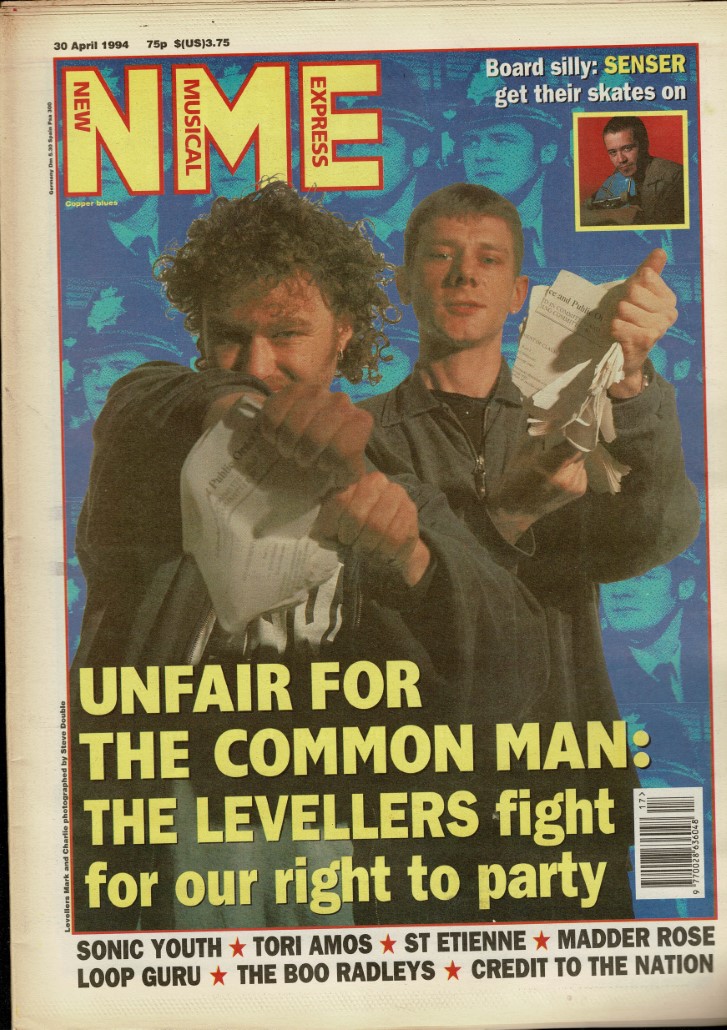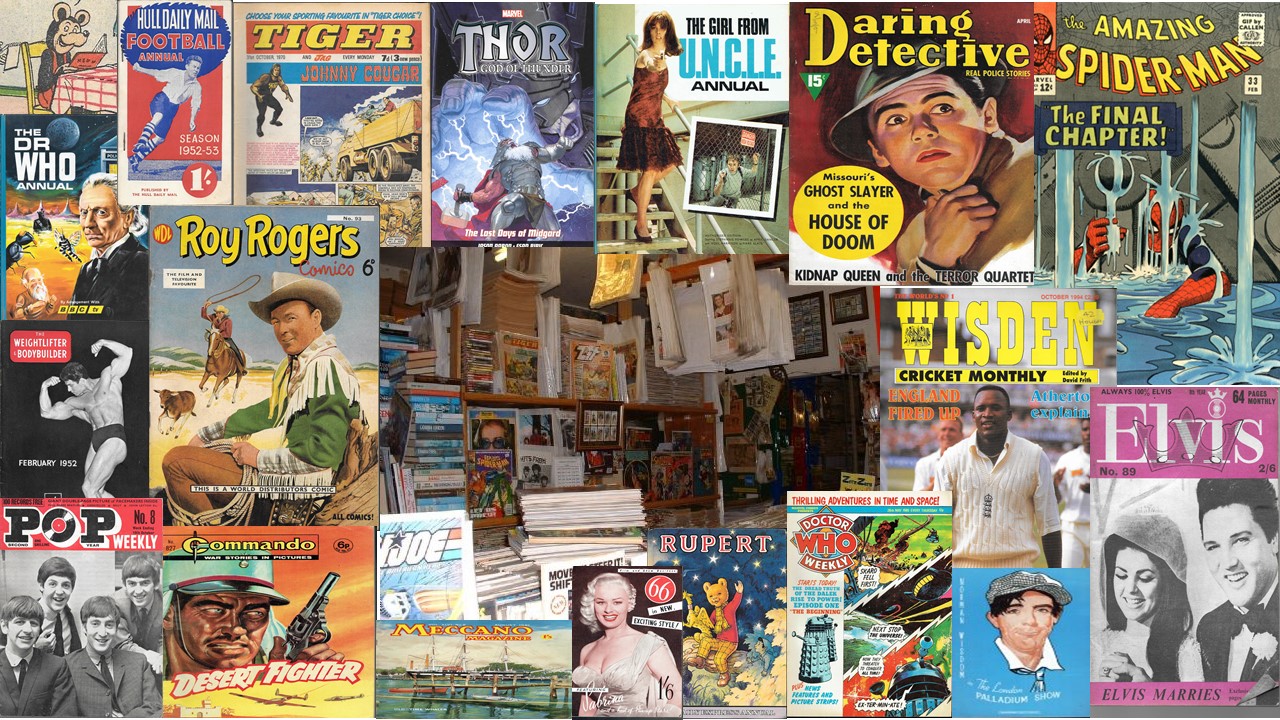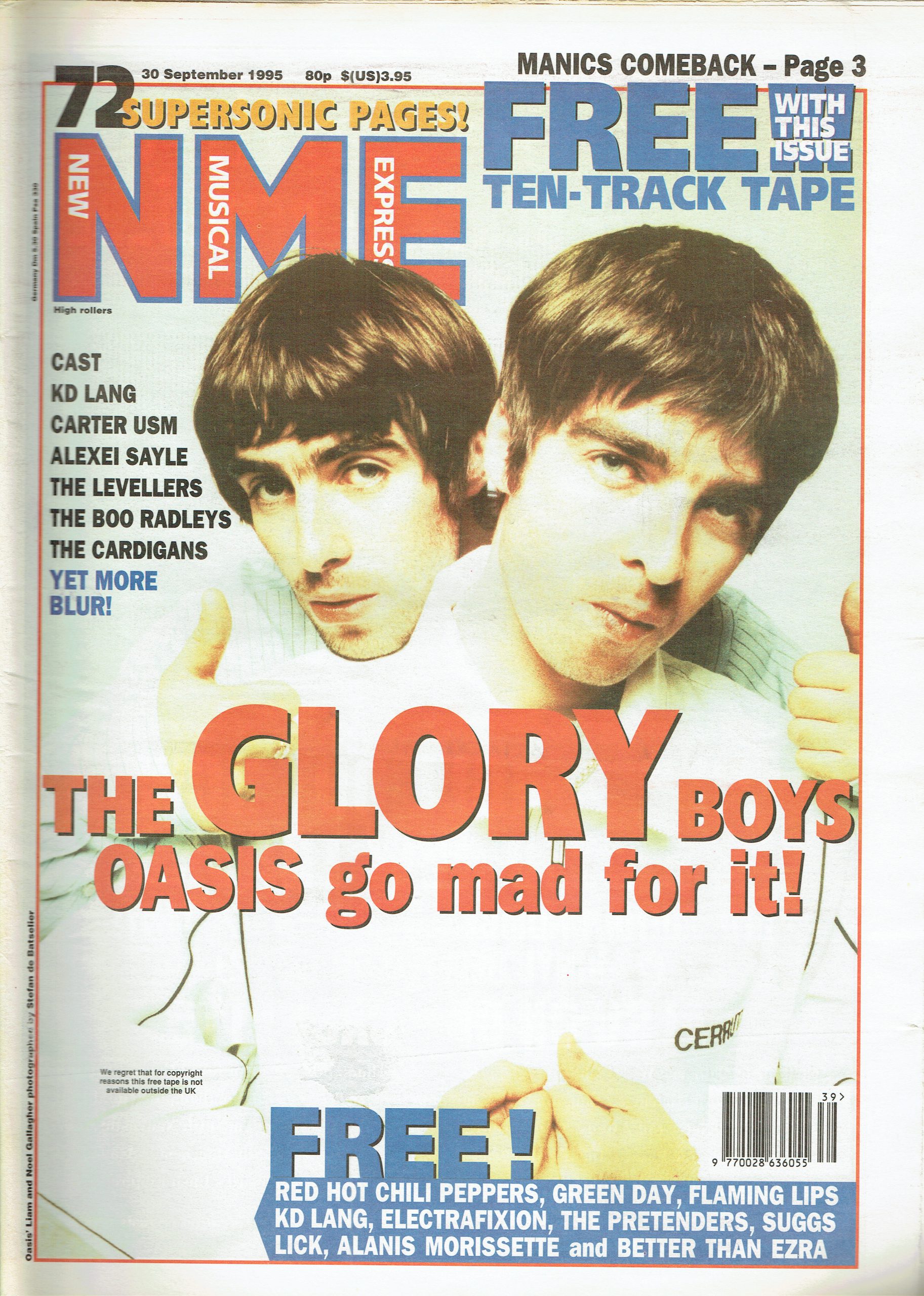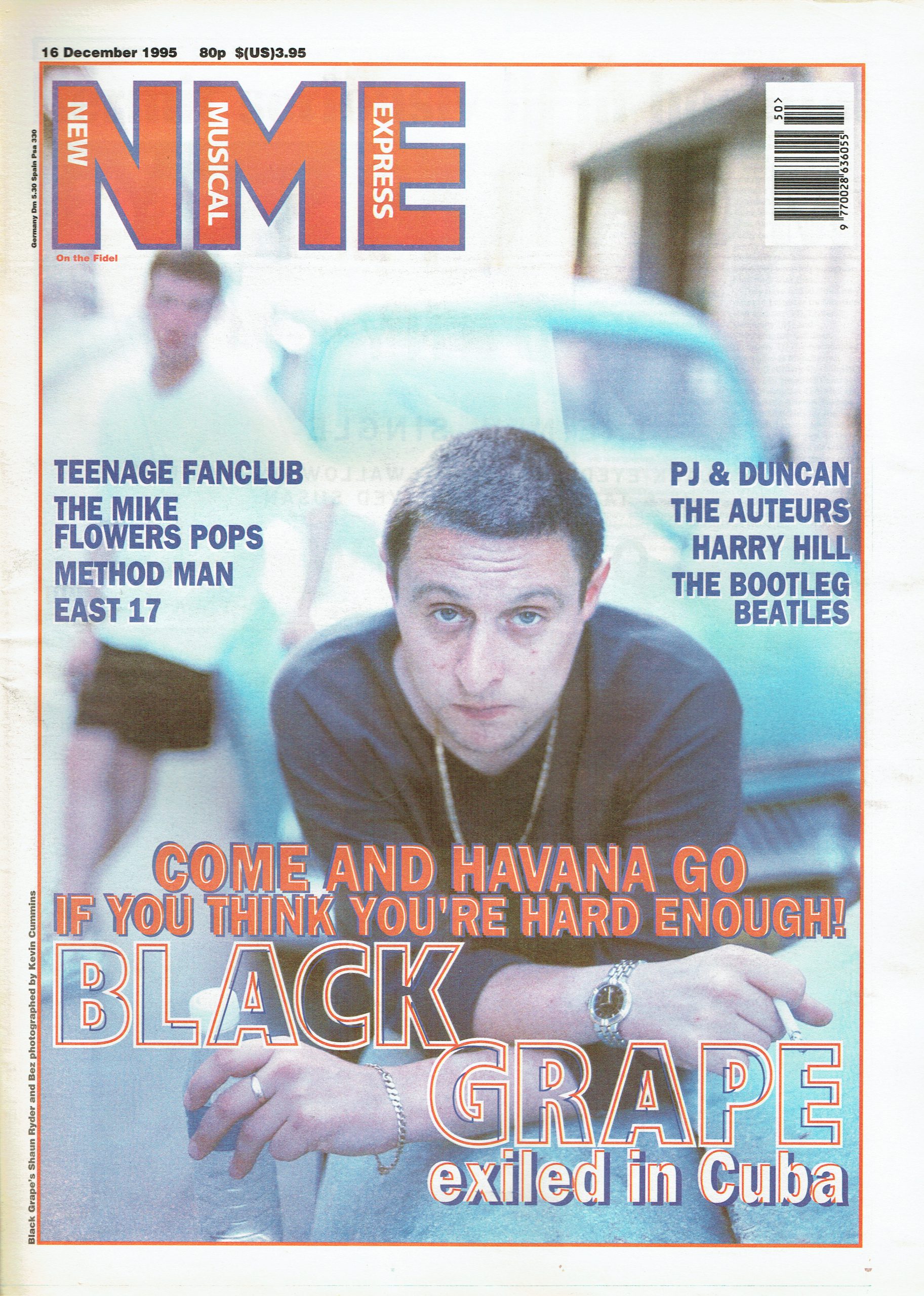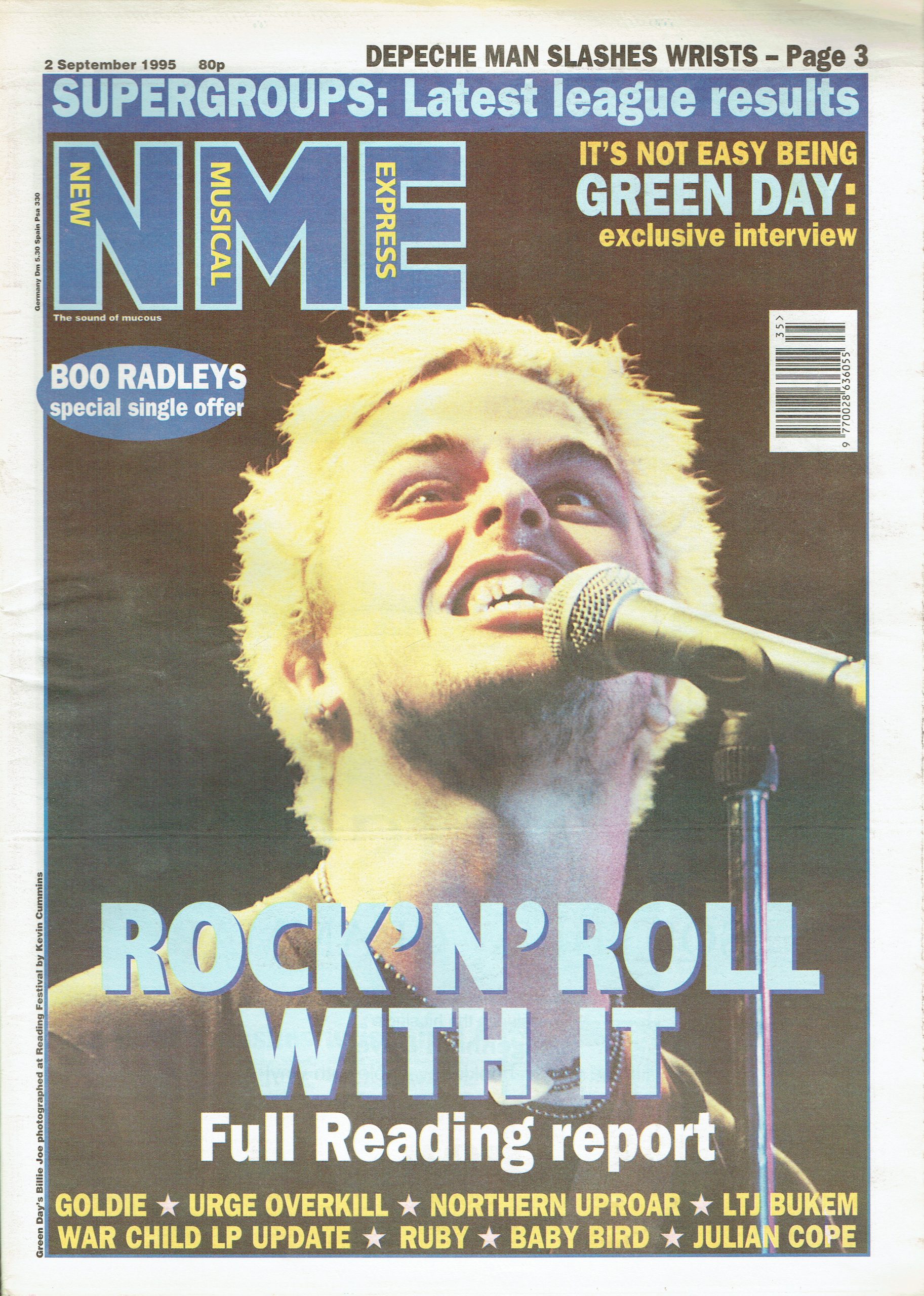Description
NEW MUSICAL EXPRESS UK MUSIC PAPER 30TH APRIL 1994 SONIC YOUTH
TORI AMOS . LOOP GURU . MADDER ROSE . THE LEVELLERS .
and much more
A3 SIZE
Music Papers folded for secure dispatch
CONDITION …. All items listed are pre – owned .Condition generally very good/good with
some issues having delivery name to cover/ price corner cut / inner cover inscription / soiling / creasing / rusted staples / spine wear / minor tears
The image you see is for the item you will receive , enlarge the Image for better view
Supplements / Free Gifts ( when applicable ) are NOT included unless stated
N M E : New Musical Express UK Music Paper
TORI AMOS . LOOP GURU . MADDER ROSE . THE LEVELLERS .
and much more
A3 SIZE
Music Papers folded for secure dispatch
CONDITION …. All items listed are pre – owned .Condition generally very good/good with some issues having delivery name to cover/ price corner cut / inner cover inscription / soiling / creasing / rusted staples / spine wear / minor tears
The image you see is for the item you will receive , enlarge the Image for better view
Supplements / Free Gifts ( when applicable ) are NOT included unless stated
New Musical Express (NME) is a British music, film, gaming, and culture website[1] and brand. Founded as a newspaper in 1952, with the publication being referred to as a ‘rock inkie’,[2] the NME would become a magazine that ended up as a free publication, before becoming an online brand which includes its website and radio stations.[3][4][5]
As a ‘rock inkie’, NME was the first British newspaper to include a singles chart, adding that feature in the edition of 14 November 1952. In the 1970s, it became the best-selling British music newspaper. From 1972 to 1976, it was particularly associated with gonzo journalism[citation needed] then became closely associated with punk rock through the writings of Julie Burchill, Paul Morley, and Tony Parsons. It started as a music newspaper, and gradually moved toward a magazine format during the 1980s and 1990s, changing from newsprint in 1998.
The magazine’s website NME.com was launched in 1996, and became the world’s biggest standalone music site, with over sixteen million users per month.[citation needed] With newsstand sales falling across the UK magazine sector, the magazine’s paid circulation in the first half of 2014 was 15,830.[6] In September 2015, the NME magazine was relaunched to be distributed nationally as a free publication.[7] The first average circulation published in February 2016 of 307,217 copies per week was the highest in the brand’s history, beating the previous best of 306,881, recorded in 1964 at the height of the Beatles‘ fame.[8] By December 2017, according to the Audit Bureau of Circulations, average distribution of NME had fallen to 289,432 copies a week,[9] although its then-publisher Time Inc. UK claimed to have more than 13 million global unique users per month, including 3 million in the UK.[10] In March 2018, the publisher announced that the print edition of NME would cease publication after 66 years and become an online-only publication.[11][12] However, this decision was reversed in 2023, with NME announcing that it would revive its print magazine as a bimonthly release.
NME was acquired in 2019 by Singaporean music company BandLab Technologies, which put all of its music publications under the NME Networks brand in December 2021, when the company was restructured.[13]
From Wikipedia, the free encyclopedia

